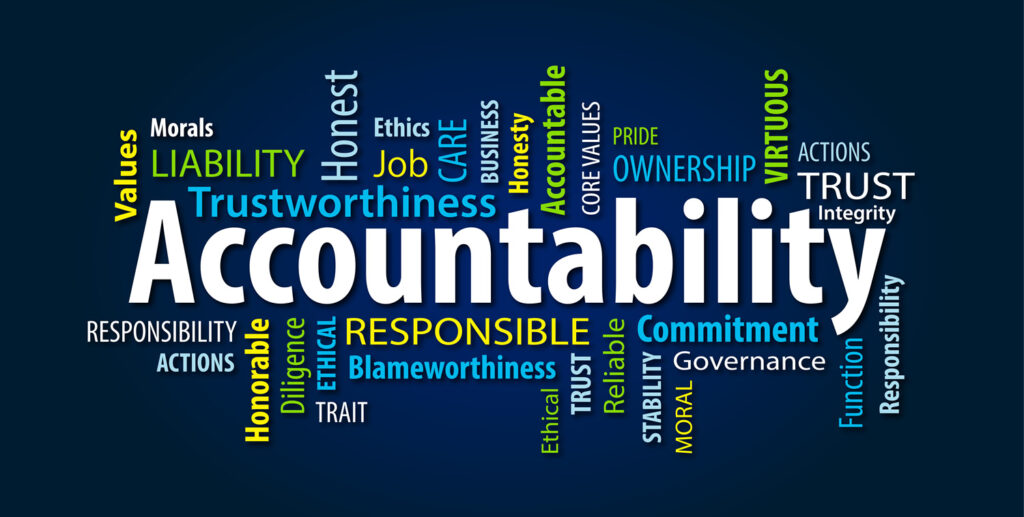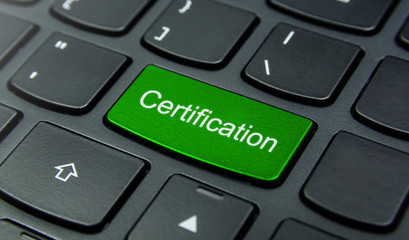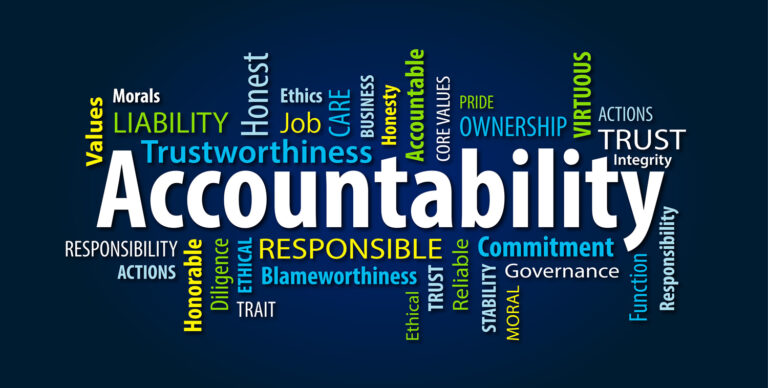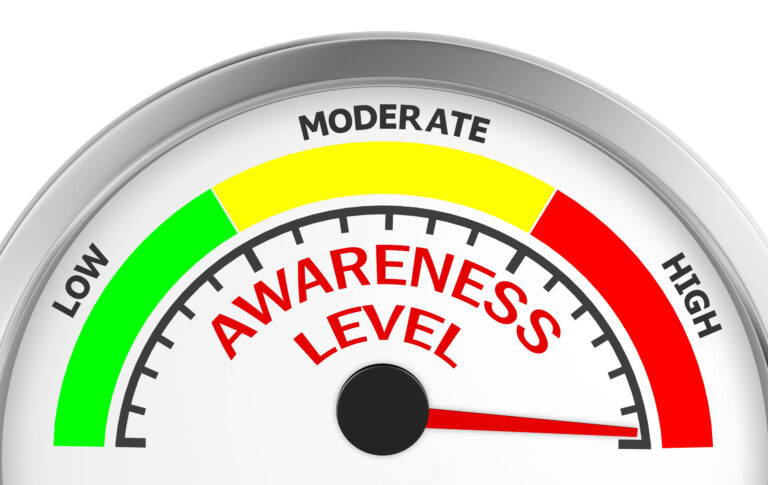Self-Accountability Part 1
In the last blog, we discussed why Self-Awareness is the starting point for any real change. If you aren’t able to honestly know where you are, you’ll never get on the proper path towards where you want to go. The next step in making forward progress is understanding how you got to where you are.
This is where self-accountability comes into the conversation.
Simply put, self-accountability is the understanding that you are the combined result of all of the decisions you make, and actions that you take.
Throughout life, there’s roughly a 90/10 split on how much of life is based on your decisions, and 10% of what happens to you in life is just out of your control.
For example, on the first day of your new job, you can go to sleep early, get your lunch prepared, have any paperwork needed for HR, time out your commute with plenty of slack in case traffic is worse, make sure you have a full gas tank so you make good time, but if you get in a car accident on the way, that’s just out of your control.
The trouble most people have is that we spend the vast majority of our effort on the 10% that’s just beyond your control. People will blame circumstances, luck or whatever puts the burden of responsibility on anything but themselves.
The reality is that the 90% portion is the only thing you have control over: if you can’t control it, it’s not worth worrying about, because you can’t control it.
Once we’ve accepted the reality that the 10% is just out of our control, we get into self-accountability, and we’re able to start making serious progress on changing the path we’re on.
As we move forward with accountability, it’s important to understand that there’s four general types of accountabilities.
- Individual Accountability: this is when one person is a part of the solution, for example, a coach who’s responsible for other people’s growth.
- Reciprocal Accountability: This is a group being individually responsible for a single goal, for example, the first, second and third shift managers of a single factory line. If second shift leaves a large mess, that can affect third shift’s productivity even though it might not be their fault.
- Team Accountability: This is how everyone on the sales team is responsible for hitting the quota, and the failure of the team as a whole is unacceptable, even if there are specific people who performed well enough.
- Self-Accountability: This means that you are responsible for your own choices and actions. You are the first and last line of defense for your own integrity.
These four distinct areas of accountability can demonstrate the ways that you can have a single boss at your job, but that doesn’t mean you are only responsible to them. Salesmen might report into a sales manager, but if they can’t produce the revenue to cover payroll, the salesmen will find there’s quite a few people that rely on them!
Every one of the components discussed in this blog can be difficult to implement, but self-accountability is the toughest for many people. It’s not a common trait to be able to look yourself in the mirror and not only know that you’re responsible for the vast majority of your problems, but that you’re the only one who has the power to fix them. The benefit to that skill is once you’re able to admit to yourself you can fix the problems, the solutions to those problems can start to show themselves, and they aren’t as big of problems to face as you originally thought.
Now that we’ve outlined what self-accountability is we can talk more about what we can do to make ourselves more accountable. Luckily, we have a three-step plan to do just that!
Continued…






